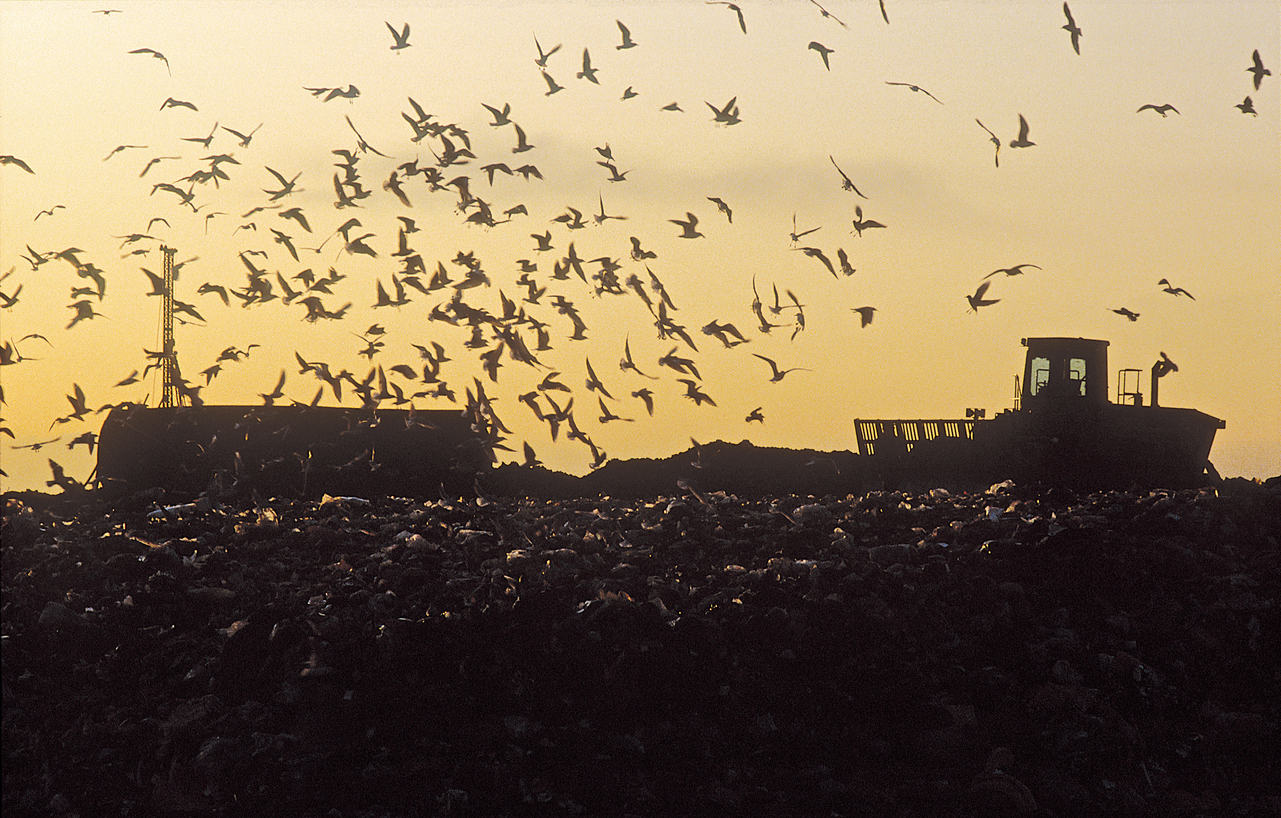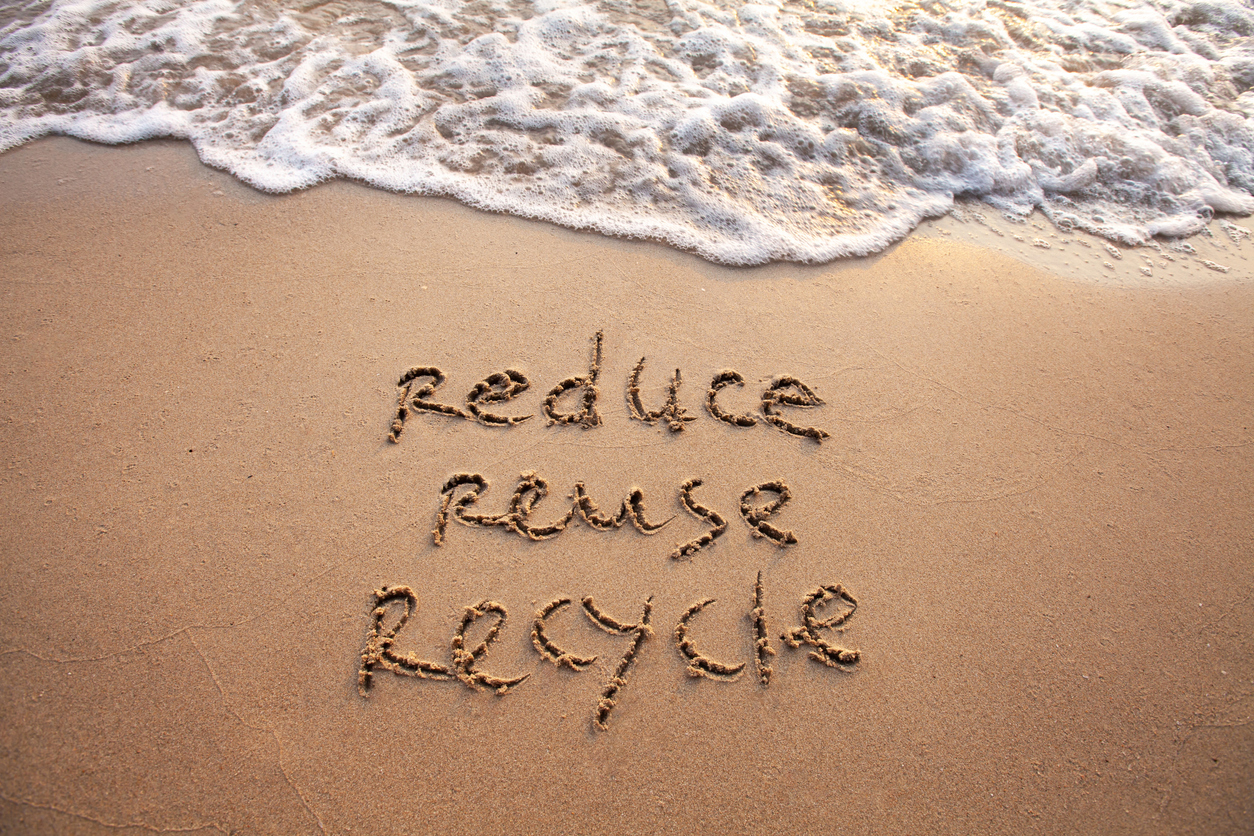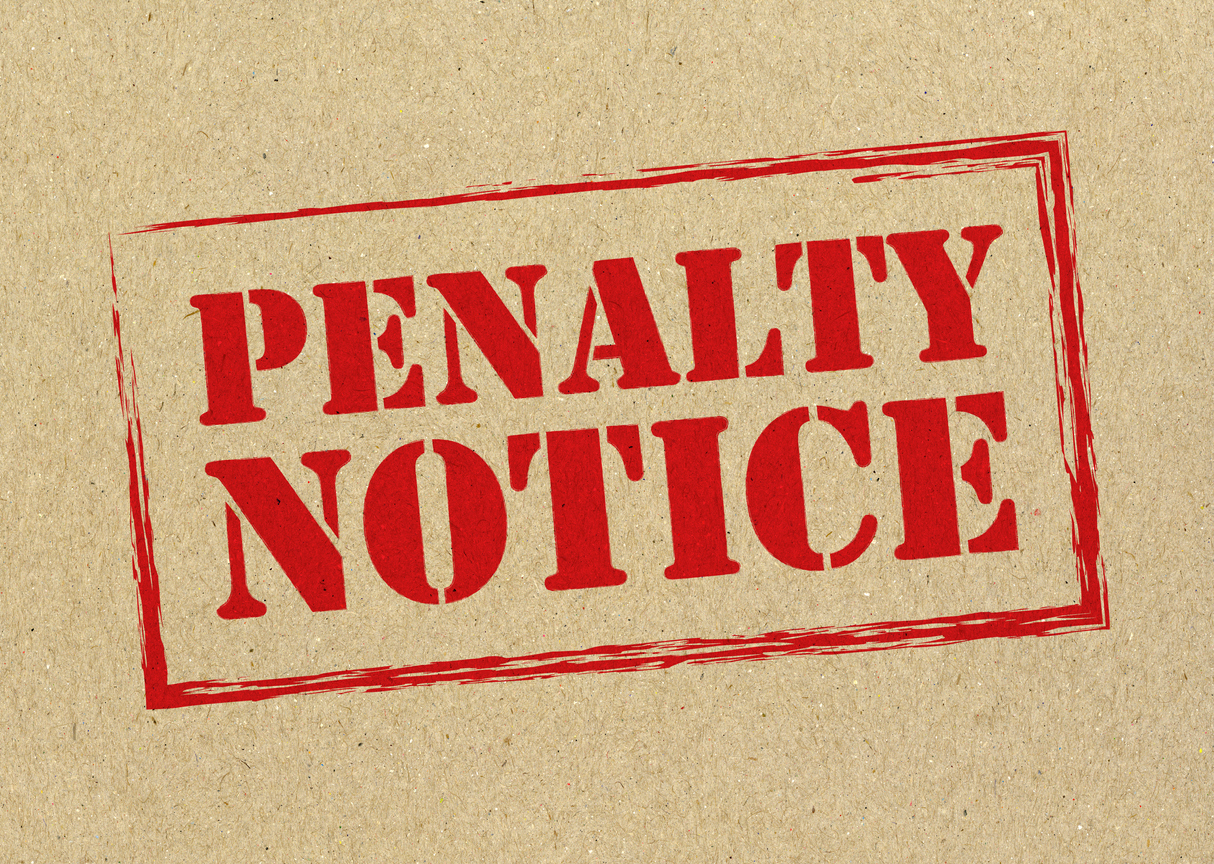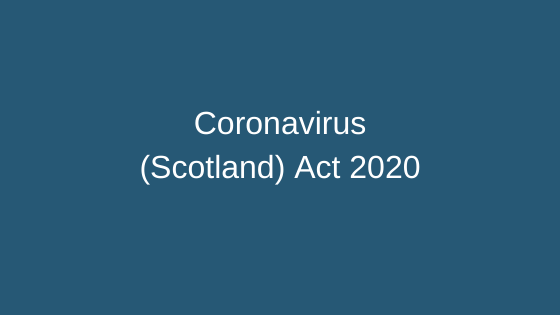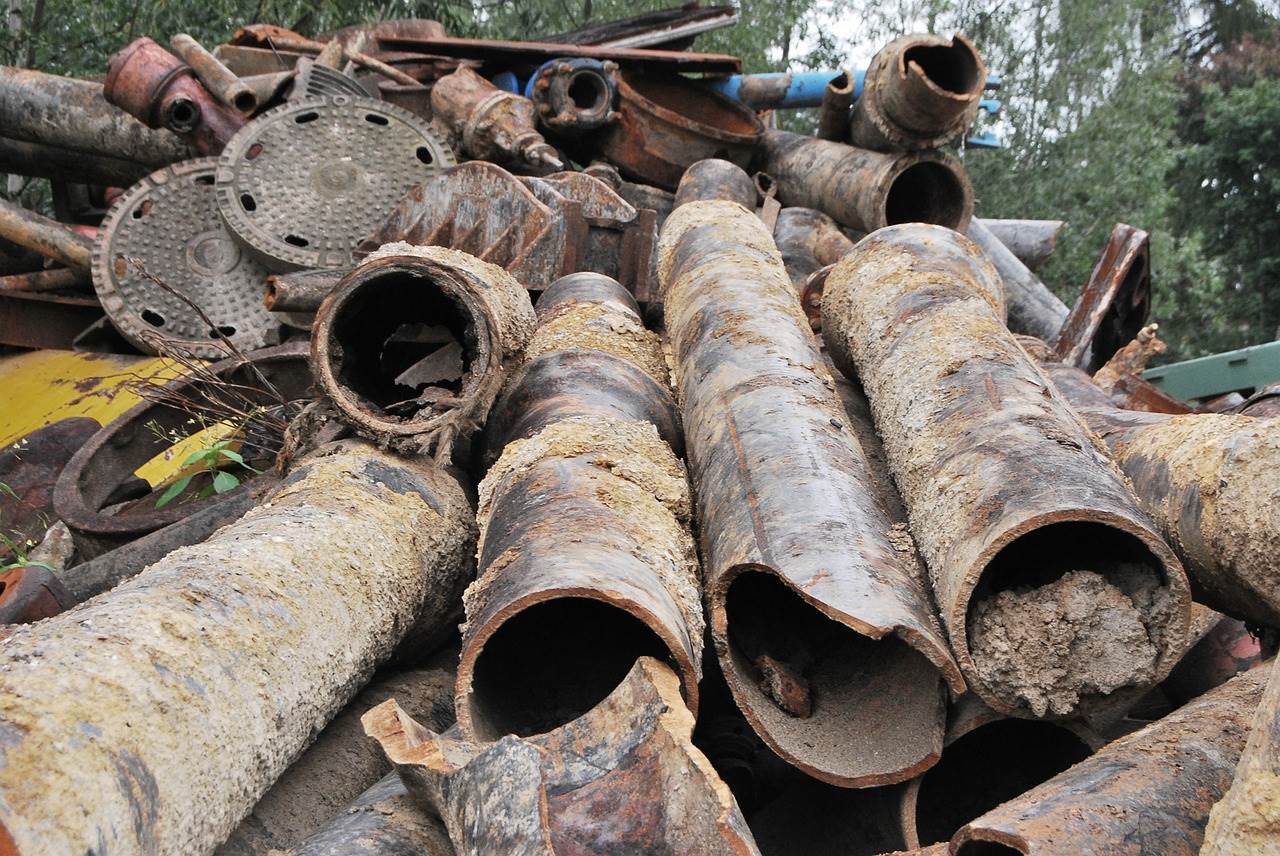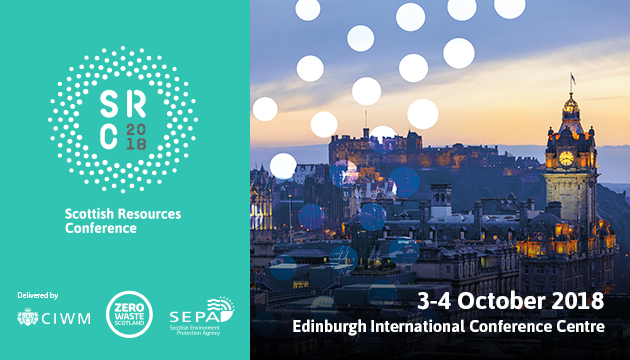
Newly Introduced Changes to Protective Expenses Orders
Date: 12/12/2018 | Dispute Resolution, Environmental
Revised rules have been introduced to limit the legal costs payable by parties raising environmental-related court actions.
Revised rules regarding the ability of a party to protect itself against an award of expenses in cases involving environmental elements have been introduced. The revised rules came into force on 10 December 2018. This article provides an overview of the key elements of these rules.
Background
The Aarhus Convention, an international convention ratified in 1999, to which the United Kingdom is a signatory, provides that all signatories “shall guarantee the rights of access to justice in environmental matters”. The general objective of the Convention is to encourage greater transparency and public involvement in environmental matters. One specific objective is that signatory states will ensure court actions concerning the environment will “not be prohibitively expensive”. Protective Expenses Orders (PEOs) are used to meet that aim.
What is a PEO?
A PEO is an order by the court that limits the exposure a party may have to expenses when there is an environmental element to a case. The rationale being that “the environment cannot protect itself”, so individuals bringing court actions intended to protect the environment should not be penalised for doing so.
This limit can be set at a default amount, but they are subject to variation “on cause shown”. There is, therefore, a wide ambit within which the court may limit a party’s exposure to expenses.
When can PEOs be made?
There are a number of steps to consider here:
- Type of court proceedings
The rules apply to three types of proceedings in the Court of Session: appeals concerning certain Freedom of Information requests; challenges to activities in (among others) the energy sector, mineral industry, chemical industry, waste management sector, and construction sector; and judicial reviews or statutory appeals challenging breaches to “the law relating to the environment”. Importantly, the “environment” and the law relating to it are not defined in the Rules, meaning many cases can be argued as relating to the environment.
b. What does “prohibitively expensive” mean?
A common theme in each of the three types of proceedings is that the court must consider whether the action is “prohibitively expensive” for the person(s) seeking the PEO. This will be the case if the costs and expenses either:
- “exceed the financial means” of those seeking the PEO; or
- are “objectively unreasonable”, taking account of:
- The parties’ respective situations;
- Prospects of success in the action;
- Importance to the person(s) seeking the PEO and to the environment;
- The complexity of law and procedure; and
- Whether the case is “frivolous” – meaning that it is superficial
What about appeals to the Inner House of the Court of Session?
One new feature of the revised rules relates to the status of PEOs in actions that are appealed. Proceedings in the Court of Session are initially heard and decided in the Outer House (the lower court), but they can be appealed against to the Inner House (the higher court). In these circumstances, if a PEO has been granted at the lower court, it is now open to the higher court to review the PEO in appeals. If no review is carried out, the PEO will still apply, unchanged.
In actions other than appeals of Freedom of Information requests, PEO applications can also be made at the higher court irrespective of whether or not the person(s) seeking the PEO made an application before the lower court.
What if an application for the PEO is unsuccessful?
Another new feature of the revised rules is to set out limits to the expenses payable for any unsuccessful application to the court for a PEO. If the court finds the applicant liable for expenses in an application, there is a limit of £500 to which they are liable, unless there is “exceptional cause shown” for the amount to be varied up or down.
What does all of this mean?
The fundamentals of the rules have not changed. The central definitions, types of proceedings in which a PEO can be made, and questions for the court to consider where making these remains the same as before. However, new additions have provided certainty in relation to PEOs on appeal and expenses in relation to unsuccessful PEOs. The greater certainty on these two points may encourage more individuals or organisations to, firstly, apply for a PEO and, secondly, raise proceedings.
If you are seeking to make an appeal with the benefit of a PEO or to challenge an application for one, the specialist team at Davidson Chalmers would be happy to help.
Disclaimer
The matter in this publication is based on our current understanding of the law. The information provides only an overview of the law in force at the date hereof and has been produced for general information purposes only. Professional advice should always be sought before taking any action in reliance of the information. Accordingly, Davidson Chalmers LLP does not take any responsibility for losses incurred by any person through acting or failing to act on the basis of anything contained in this publication.














